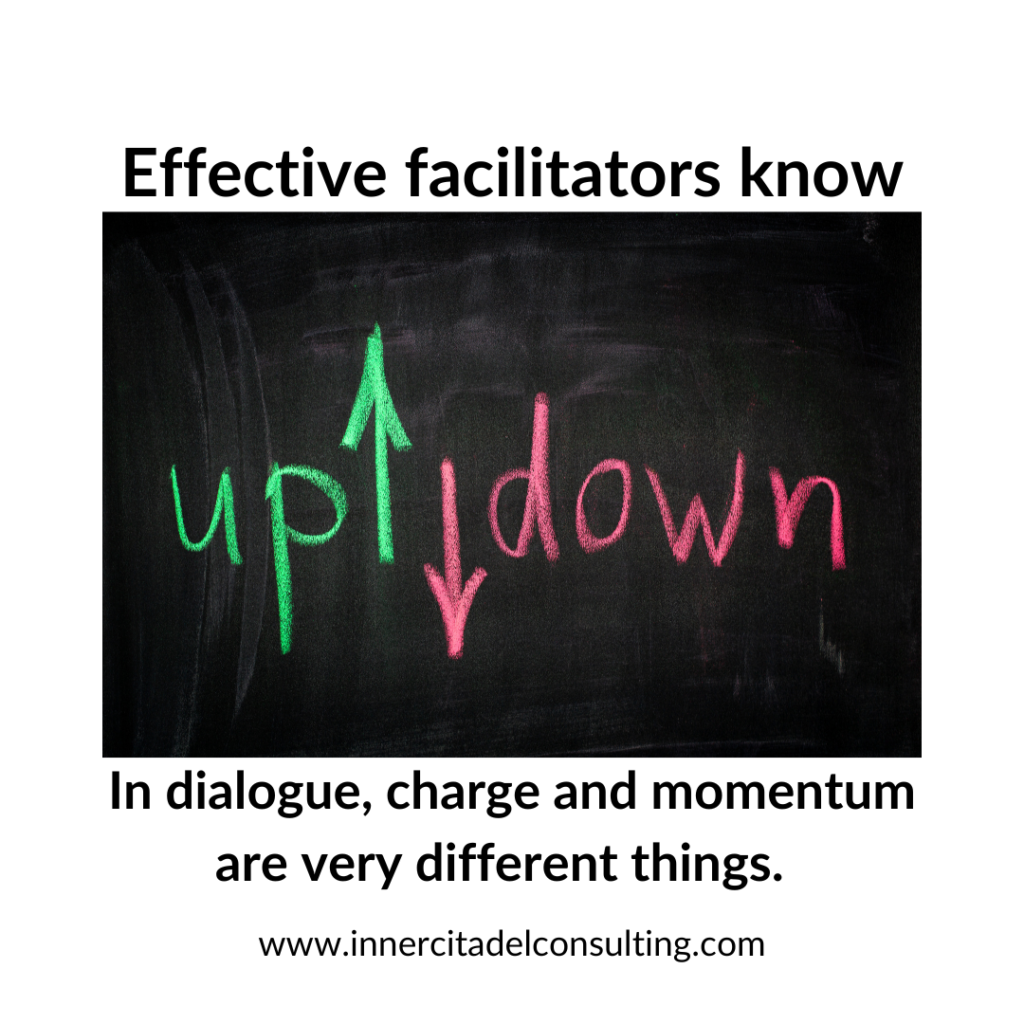Tl/dr
Stop complaining – it’s wrecking your perspective on life by hardwiring negativity into your neural pathways.
Mindfulness and complaining
I read the linked article six years ago, in a totally different professional life, although I have been interested in applying mindfulness for many years (as a professor it was in bringing contemplative pedagogies into classrooms starting around 2006).
There is a basic truth about coaching that actually is part of the best teaching too: coaching helps clients understand that a lot more than we want to admit is up-to-us. Now, it is certainly true that some things absolutely are not up-to-us. But as the Stoic Epictetus said, knowing what is and what isn’t leads to a good flow of life.
The article examines the effect of complaining on the brain and how complaining actually wires the brain (creating a habit/neural pathway) to be negative. It’s worth a click and a read. The upshot is that not only is it up-to-you to NOT complain, it is actually up-to-you to change your brain so that complaining becomes a much less likely outcome in the face of adversity. What you dwell on in your thinking is most certainly up-to-you and it seems that neurologically it creates you too. What do you want to be?
Up-to-me
What else is up-to-me? How can I create a “good flow of life”? For Epictetus it is opinion (perception of people and events and thoughts), intention (purpose and focus), desire (what we reach for), aversion (what we avoid), and whatever is “proper to us” (by which he means, I think, our decisions). Not up to us are body (literally, me as an organism alive in a cause-and-effect universe), property (my stuff), reputation (what people think about me), office (professional rank or status), and basically anything that depends on the participation of another person or of the physical universe.
You can see, then, from a Stoic point of view – which has always been radically counter-culture – how we participate in a lot of our unhappiness and how our social and professional contexts often drive us to control what is not up-to-us. These kinds of errors are up-to-us to stop.
Complaining is a perfect collision of two errors, in a sense. First is the error that complaining presupposes – we expected, not just preferred, something to happen differently than it did. Most of the time, when I complain, that something was one of those things not up-to-me. The second error is complaining at all. Here the error is more subtle – we did not correctly perceive something, and we either desired or wanted to avoid something. What possible purpose does complaining serve? When we face something unpleasant, is there a better response than complaining about it?
Experiment with up-to-you
If your life, like mine, is not in that “good flow”, why not try to shift complaining as a behavior (or some other error)? The evidence in that article, if you’re a mindfulness skeptic, is pretty strong. So, just try an experiment today. No big commitment, just for today … it’s totally up to you … 🙂 … every time you notice yourself start to complain (whatever form that takes for you), stop.
Turn your mind to your breathing.
Simply be grateful you are breathing.
Feel the breath-cycle once or twice or more.
And at the end of the day, reflect on how the day went. It really is completely up to you, after all.





